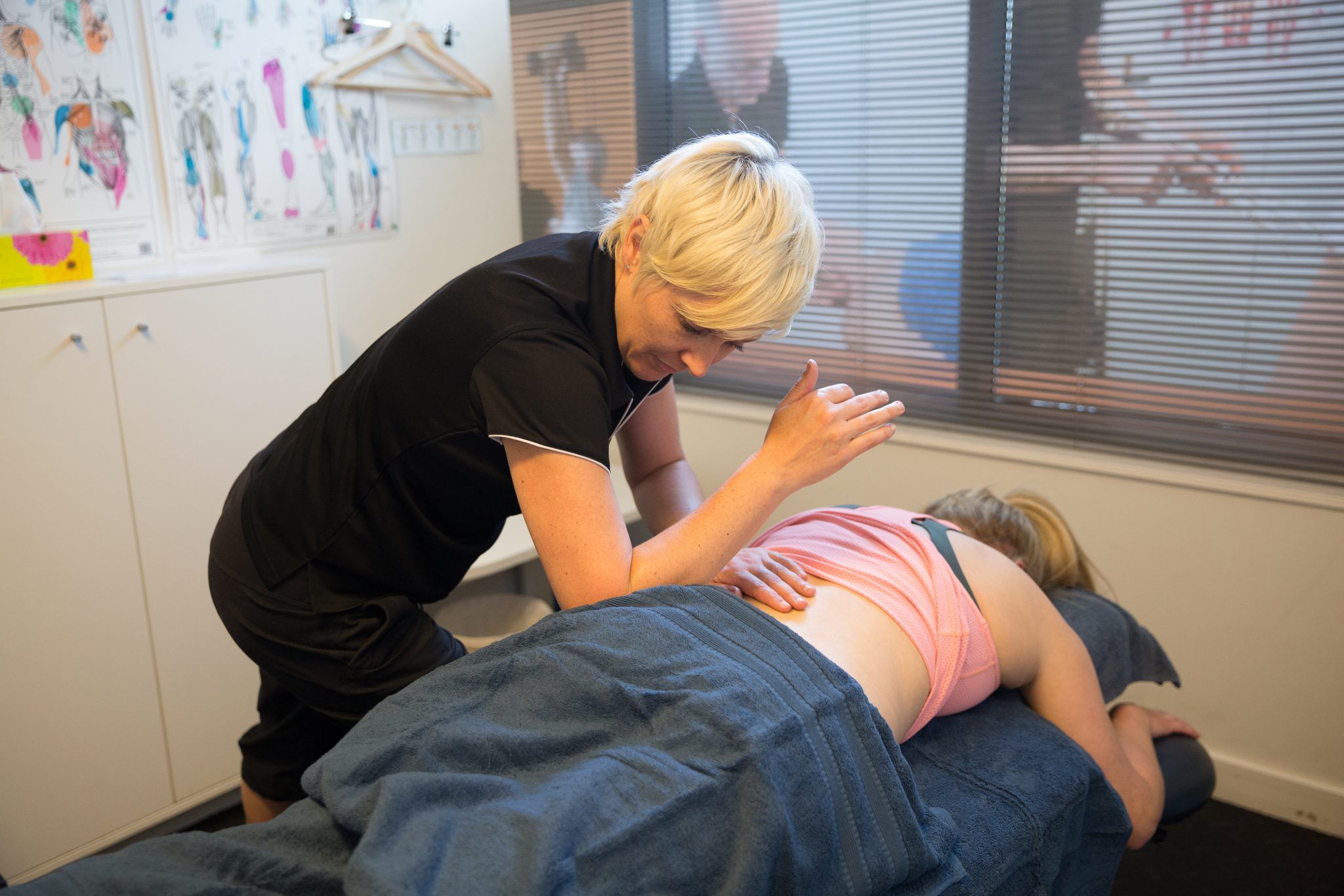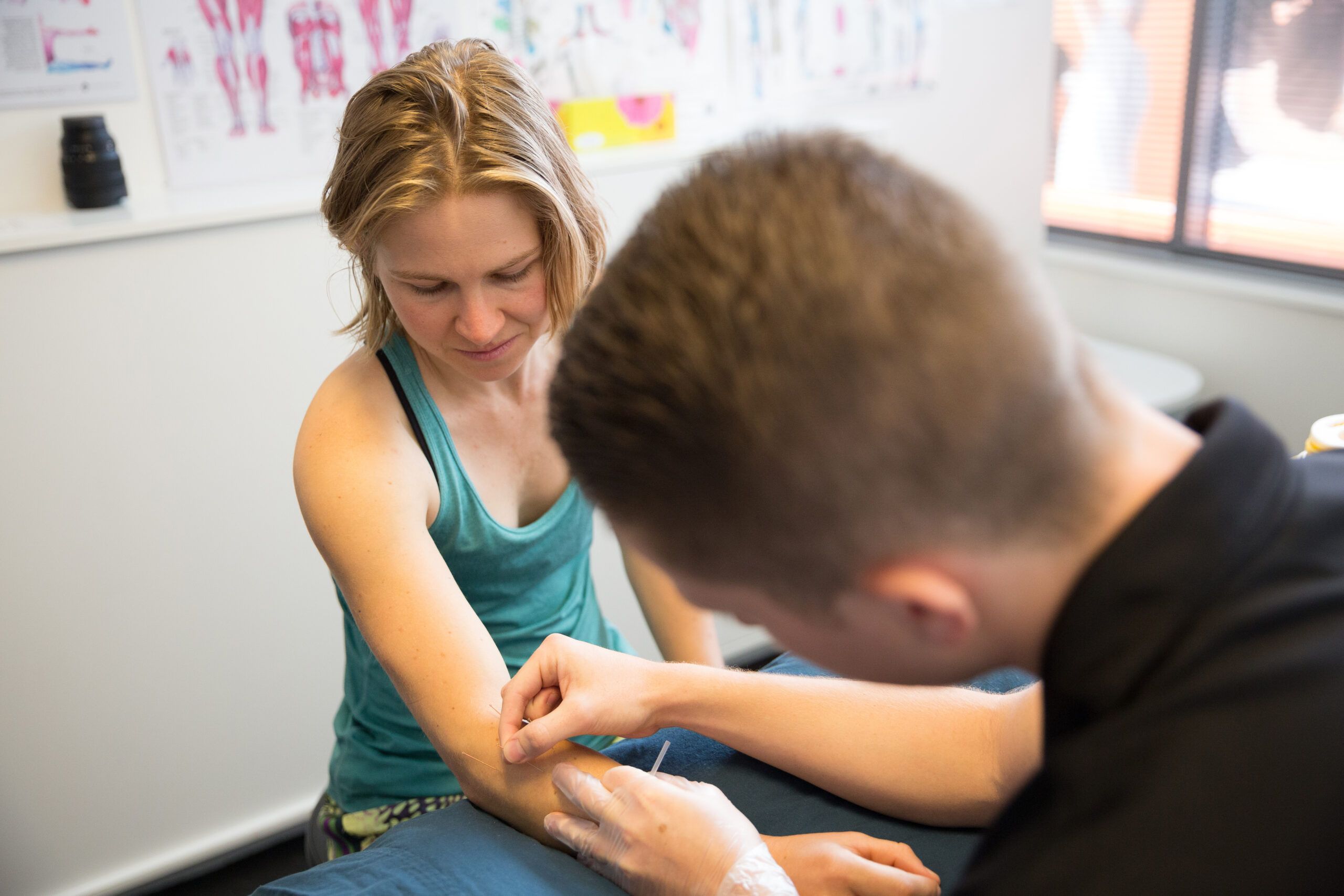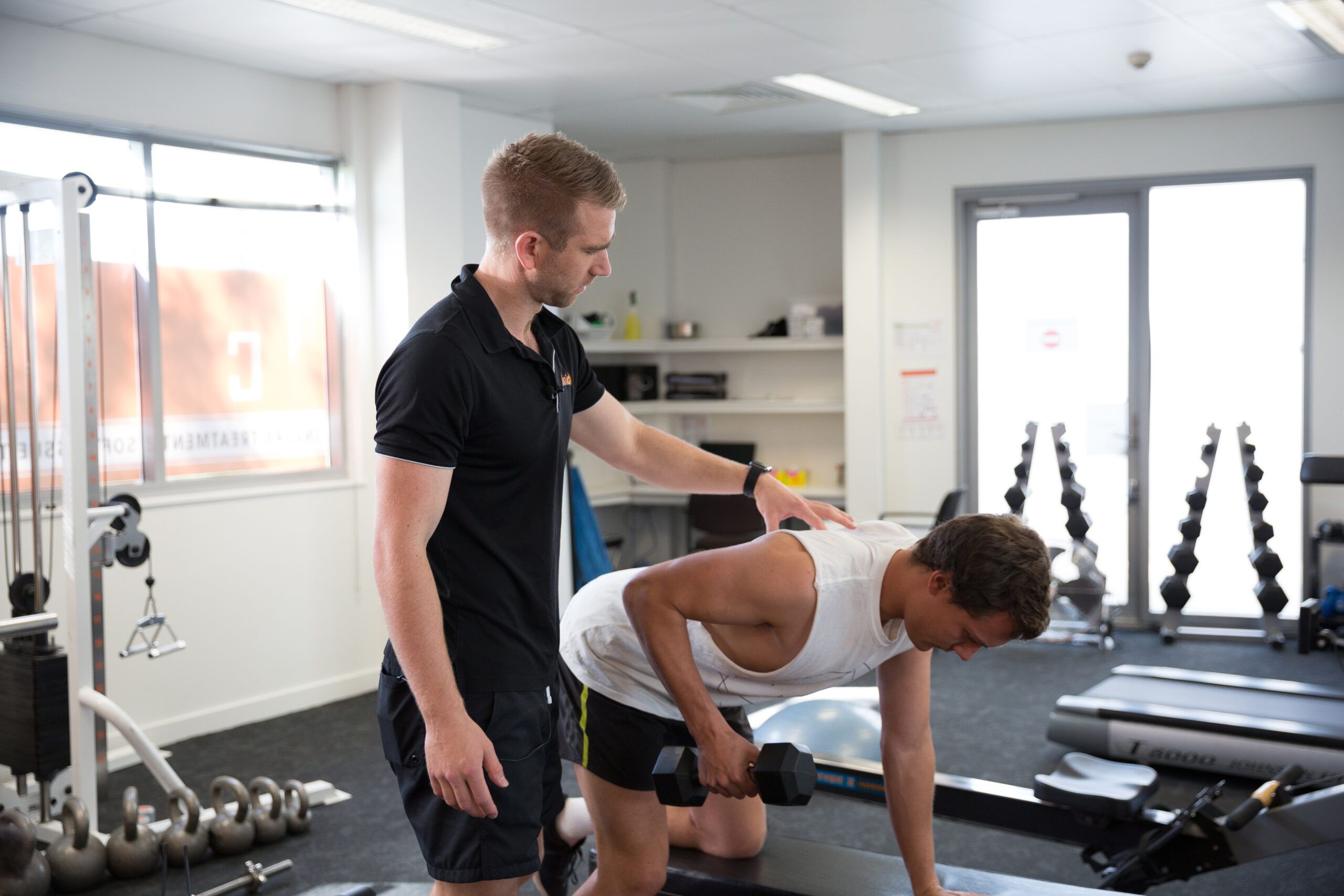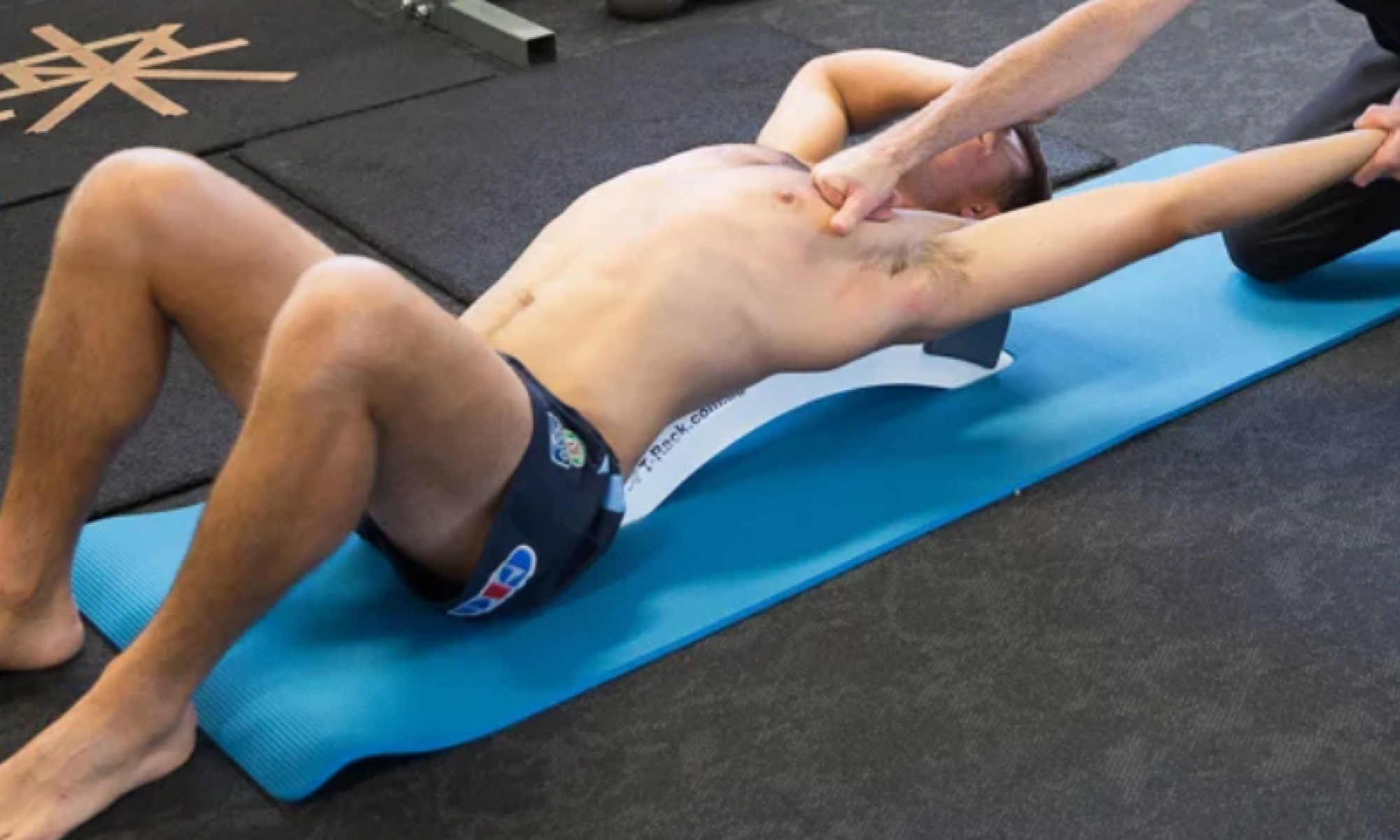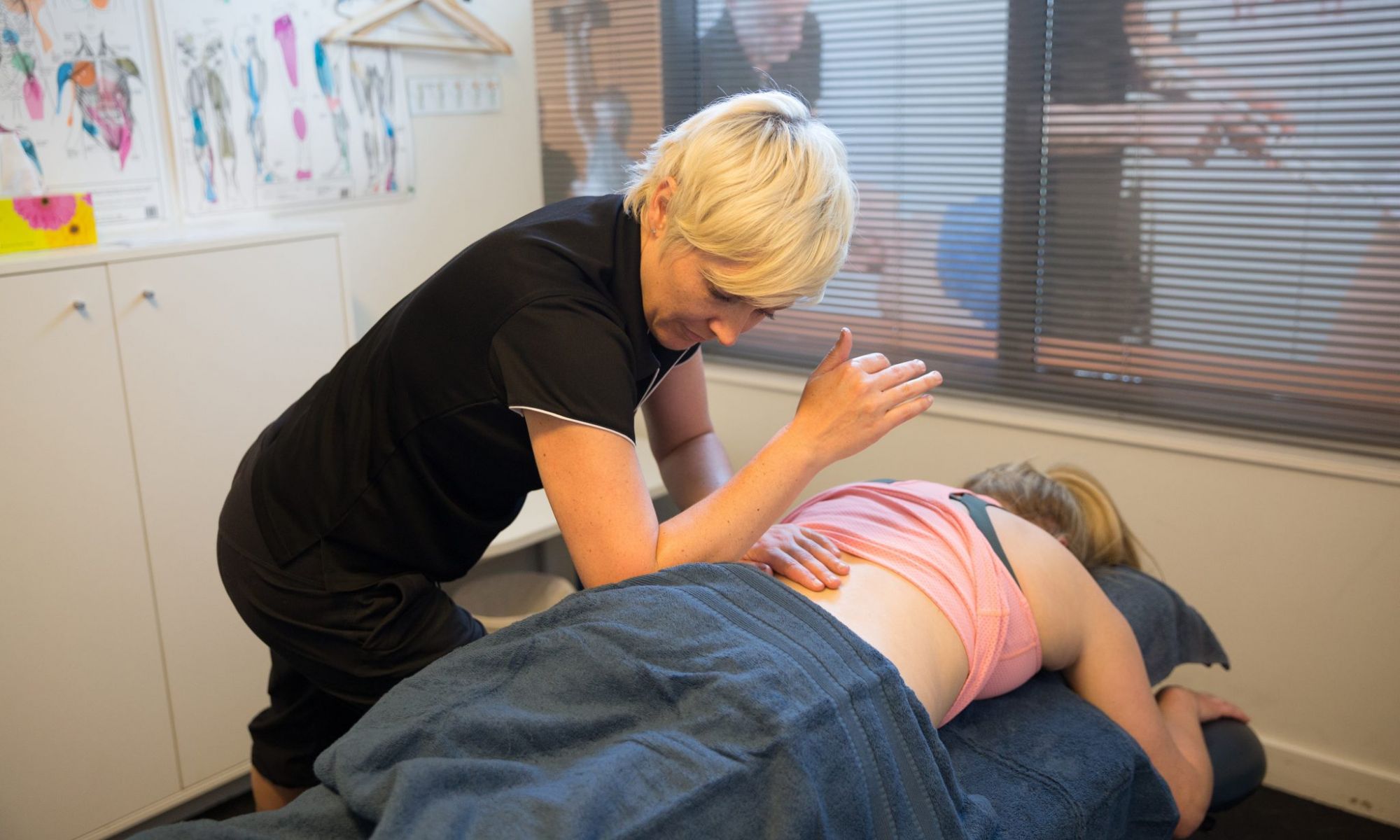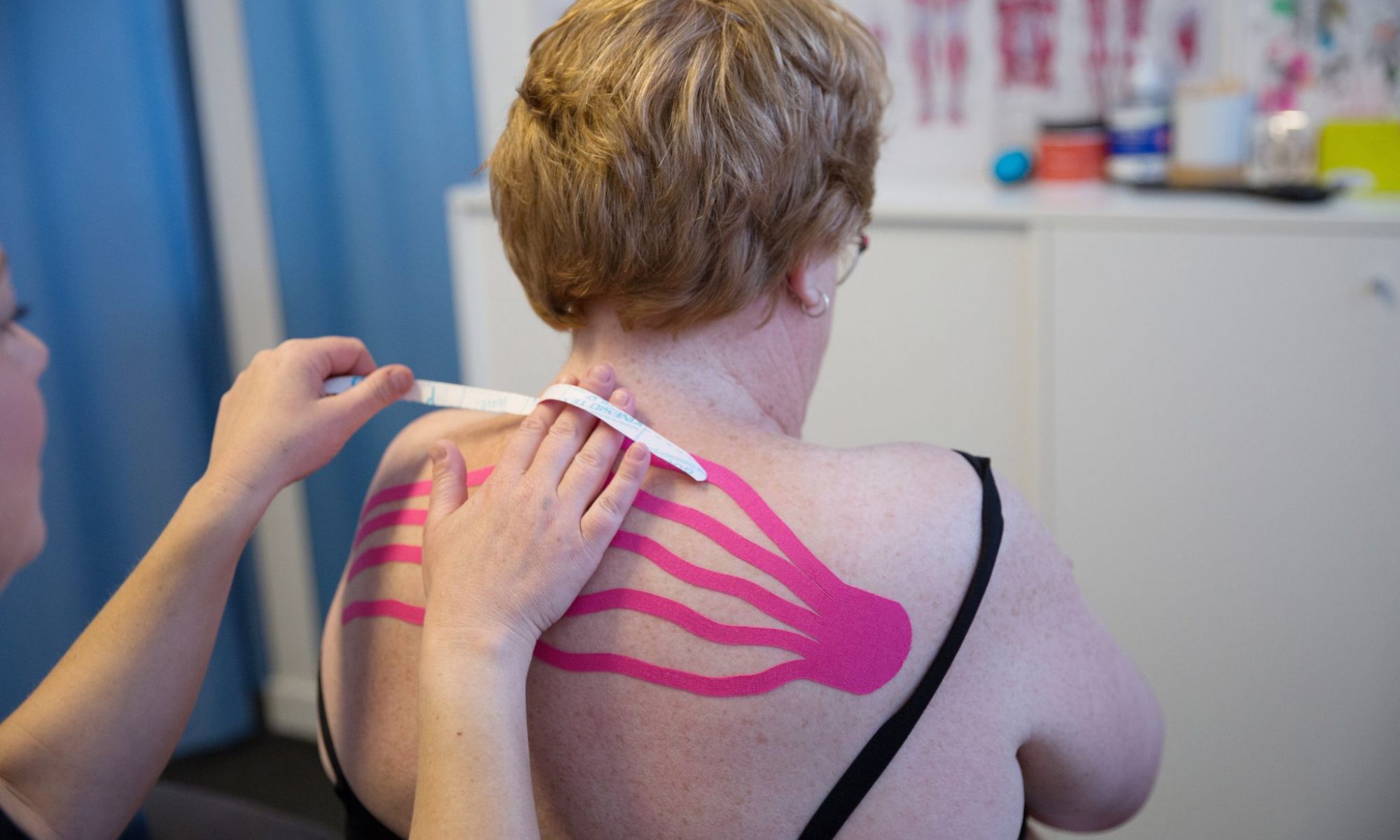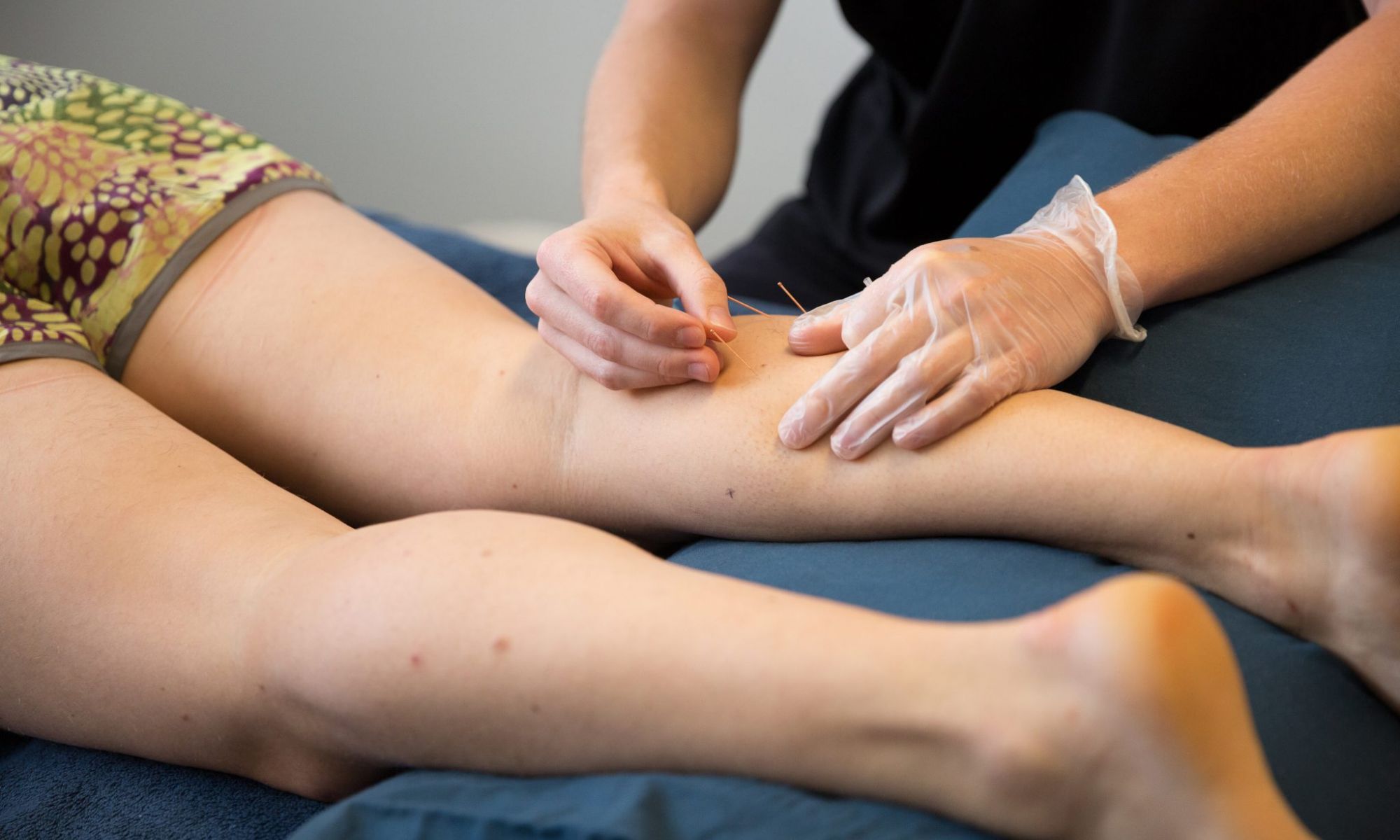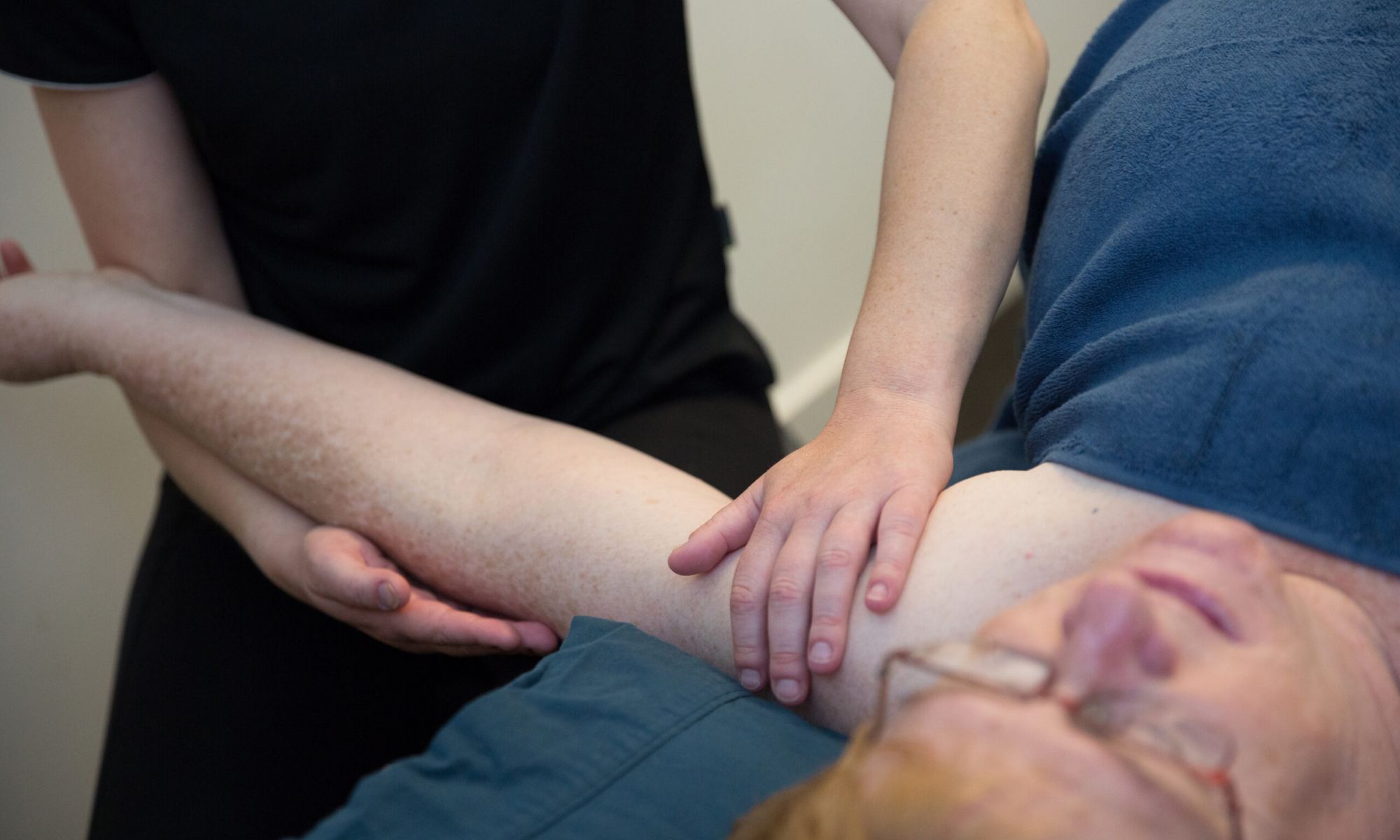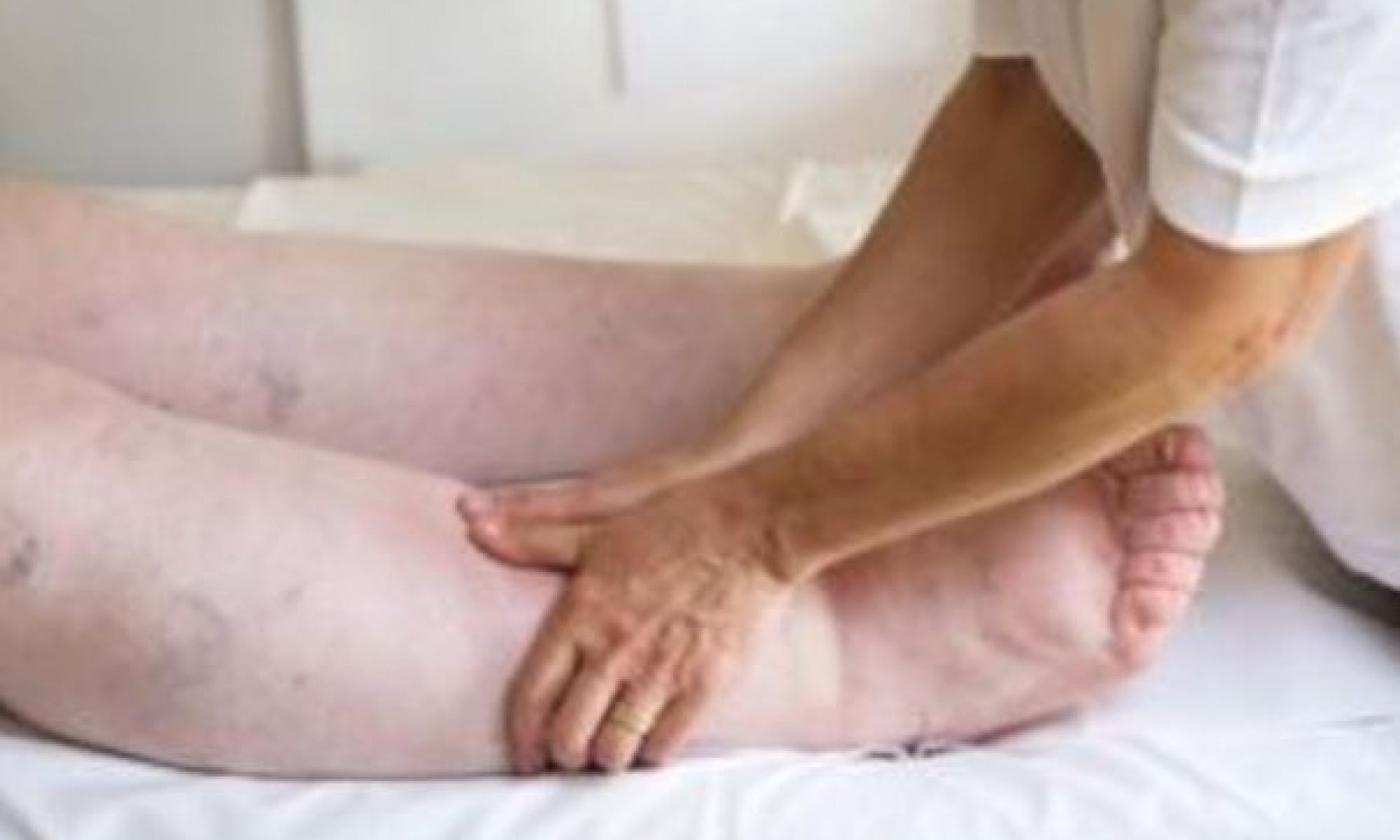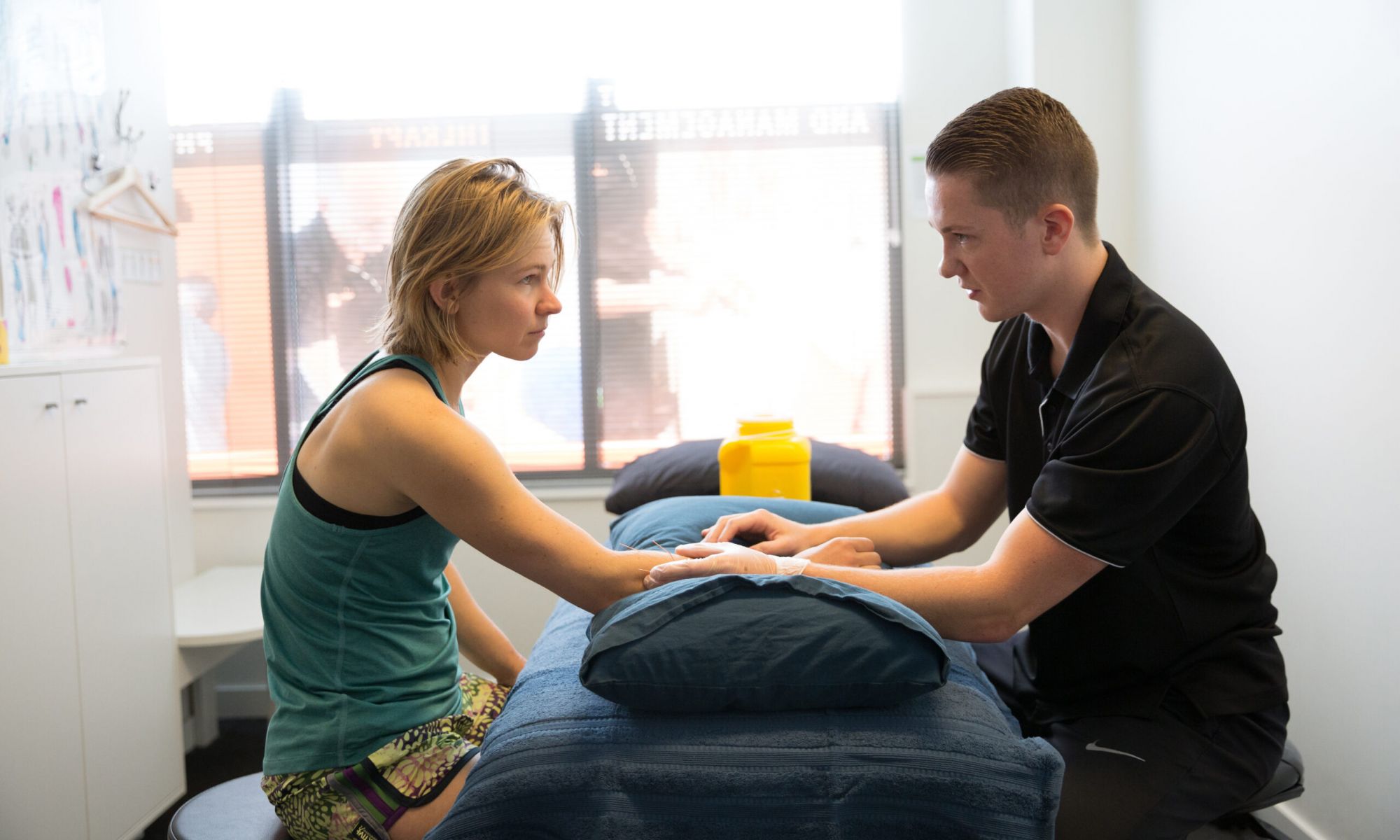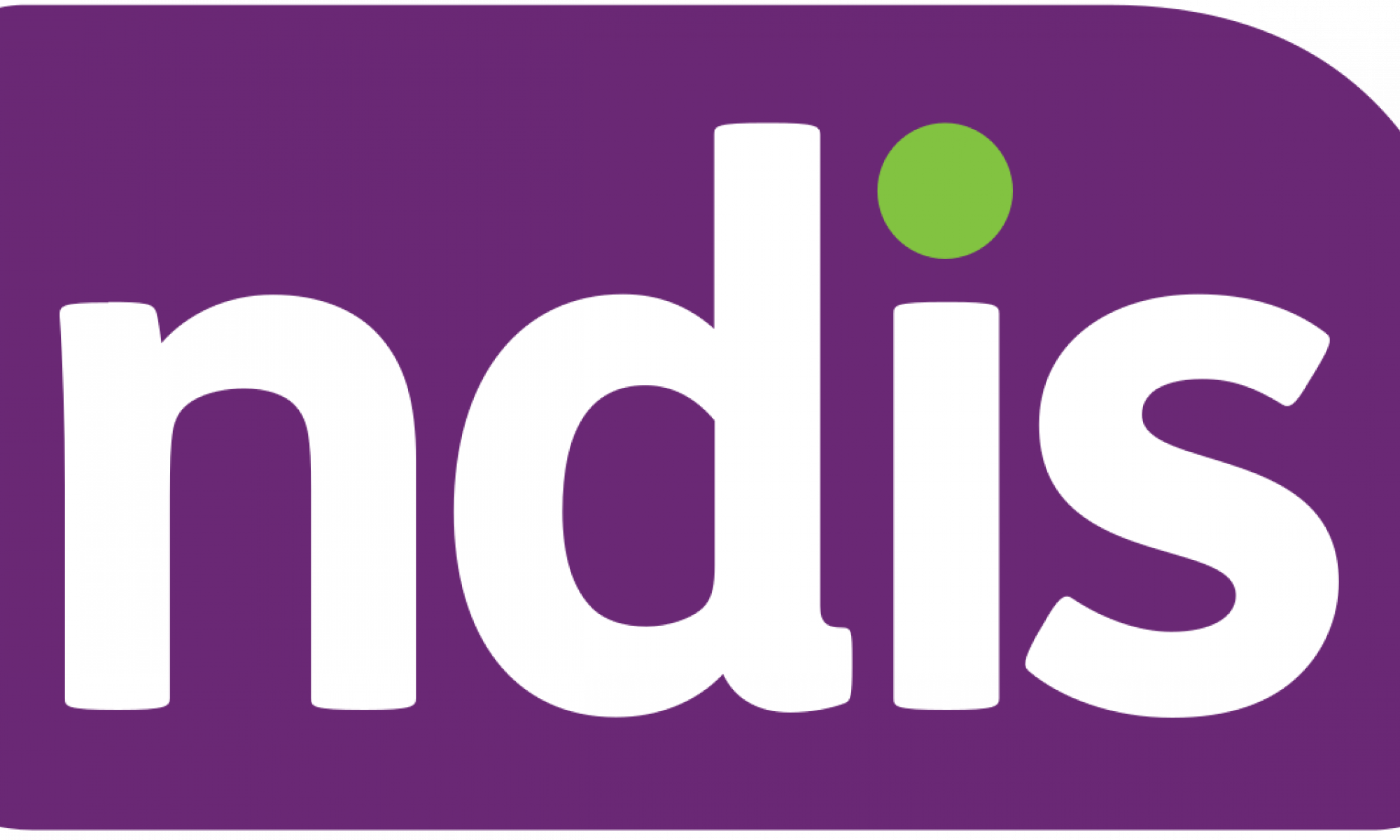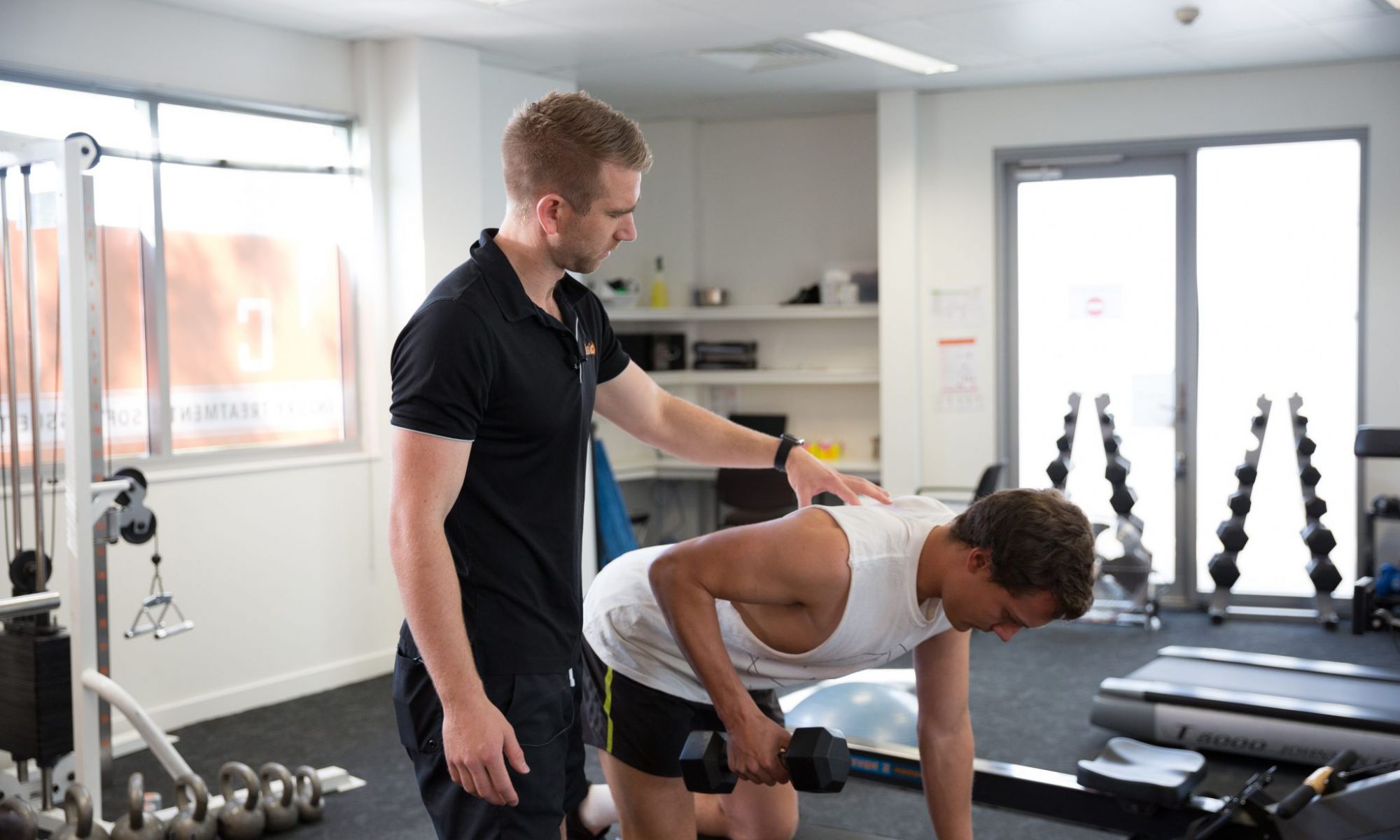Our Services
Soft Tissue Therapy
Soft Tissue Therapy is the assessment and treatment of aches, pains and injuries. The predominant form of treatment is ‘hands on’ manual therapy followed by exercise prescription
(and in house referral to our exercise specialists) and self-treatment instruction. Below are a number of variations. Please hit on the links for further information.
Exercise Physiology
Exercise Physiologists are exercise specialists. They provide treatment for a wide variety of injuries and chronic conditions from sporting injury rehab, to diabetes control to workplace injury rehab.
Exercises Physiologists can take private patients without a referral or can receive referrals from your GP for particular conditions (see below)
Our Exercise Physiologists are allied health professionals, professional members of ESSA and have Medicare provider numbers.
Exercise Physiologist can receive GP referrals for:
Popular Exercise Physiology Classes
Please call 6253 2388 for class timetables and to book your place
Parkinsons Disease Class
For Individuals who are interested in better managing or slowing the progression of their Parkinson’s Disease
Energise Cancer Recovery Class
For individuals who are undergoing oncology treatment or who are in remission.
Small friendly classes with a strong focus on having fun while using exercise as a recovery tool
G:LAD classes for Osteo Arthritic Knees
For individuals who are interested in better managing their hip/knee osteoarthritis in order to gain strength, reduce pain and prolong a joint replacement
PACE Class – (ME, Chronic Fatigue Syndrome, Fibromyalgia, PCC)
For individuals who are interested in learning how to better manage their fatigue and improve their physical capacity/mental health through light intensity exercise and behavior modification
Bone Health (Osteopenia or Osteoporosis) Class
Individuals who are interested in improving or slowing the regression of their bone mineral density and reducing their risk of falls
Cardio-Metabolic (Hypertension; Cardiovascular Disease; Chronic Heart Failure; Obesity; Diabetes) Class
Individuals who are interested in improving or better managing their cardio-metabolic health and associated symptoms (fatigue; shortness of breath and deconditioning)
Strength and Balance – Falls Risk
For Individuals who are interested in reducing their falls risk and improving their physical function
Injury Prevention and General Strength Class
For those individuals who are interested in preventing injuries and improving function.
Tailored programs to each individual.
Physiotherapy
Physiotherapists help you get the most out of life. They help you recover from injury and surgery, reduce pain and stiffness, increase mobility and prevent further injury.
They listen to your needs to tailor a treatment specific to your condition. As first contact practitioners, you don’t need a doctor’s referral to see a physiotherapist.
Physiotherapists, doctors, and other health professionals will often work as part of a team to plan and manage treatment for a specific condition.
Physiotherapists are trained to assess your condition, diagnose the problem, and help you understand what’s wrong. Your treatment plan will take into account your lifestyle, activities and general health.
The following are common treatment methods used by physiotherapists:
- Exercise programs to improve mobility and strengthen muscles
- Joint manipulation and mobilisation to reduce pain and stiffness
- Muscle re-education to improve control
- Airway clearance techniques and breathing exercises
- Soft tissue mobilisation (massage)
- Acupuncture and dry needling
- Assistance with use of aids, splints, crutches, walking sticks and wheelchairs to help you move around
Pilates
Pilates is an exercise regime that strengthens and stretches the body.
The dynamic routines create strong, lengthened muscles which improve posture and prevent injury.
Pilates trains the mind to understand which muscles should be worked during movement to create more efficient and effective movement patterns.
